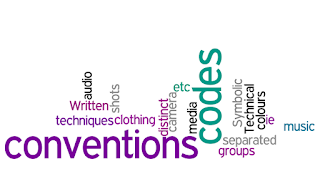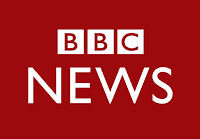Media Terminology
Media Texts
Any ideas we are thinking of for a product is known as media text , this could be a variety of media techniques for example , film , magazine , social media its doesn't always have to be a print product these then build up into a media text.
Media Studies Tools
Language
Institution
Audience
Representation

Langauge -codes and conventions
Media texts have the same rules but some use different platforms
Tv and film follow Visual media
Shot types
Mise-en-scene
Editing
Sound
Media institutions
Institutions are a range from big companies and conglomerates to small independent companies And these make up most media texts. E.g sky , Warner brothers , BBC , Conde Nast etc .

Media Audiences
People who listen , watch , read various media texts are known as the audience . Audiences are grouped together because of age, gender how much money they earn and things they are interested in. These institutions work very hard to target the right audience.
Representation
This is where real life is presented in the media as a representation for example groups of people are based on things like age , race , gender , and social class these are then represented in a particular way
so then people begin to believe that these people are like that , this is known as stereotyping.
Media Genre
Media is separated into different types of genres . The word genre comes from the french word meaning type. Media genres are applied to different types of a media product like a horror movie or a television soap opera.
The genre can be recognised by its set of distinguishing features . The features associated with the genres style and content might be.
Style
Setting
 Characters
CharactersProps
Colours and Lighting
Sub and Hybrid Genres
The Genre can be more complicated as it could be more than one type at once. The sub genre is a sub category in that particular genre for example vampire movies in the genre of horror , whereas a hybrid genre is two or more genres in the same text like a rom con (romantic and comedy).
Narrative
In Media Studies it is very important to tell the difference between the narrative and the story .
Story=A sequence of events known as the plot
Narrative= The way those events are then put together to then be presented to an audience .
Linear Narrative
Linear narratives follow a straight line, starting at the beginning and moving to the middle then progressing to the end of the story.
Non Linear
A non linear narrative is how a film uses different ways to tell stories out of order to maintain a greater effect. Some examples of these include :
Flashbacks
Out of sequence
Dream sequence
What a Narrative needs?
A narrative is delivered to an audience by expectation , suspense, tension, and closure. The audience is then led to expect certain things to happen this then leads to tension and excitement.

No comments:
Post a Comment